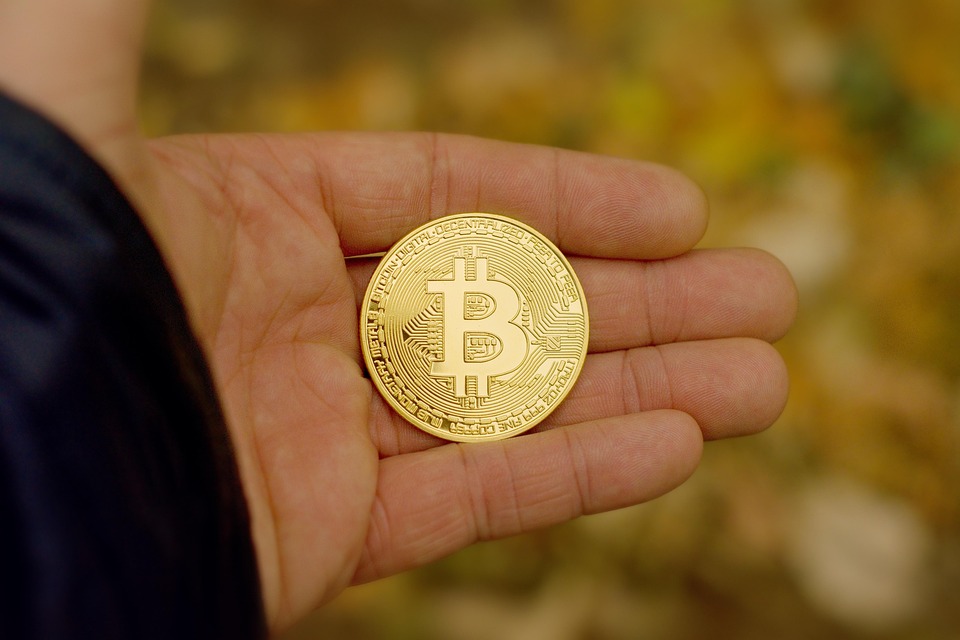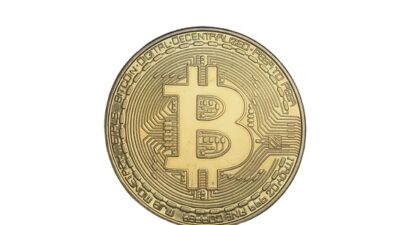The rise of cryptocurrencies over the past decade has not only captivated investors but also attracted criminals looking to exploit the unregulated nature of digital assets. High-profile scams have left many individuals and institutions reeling, illustrating the vulnerabilities in security and trust within the cryptocurrency ecosystem. Understanding these scams and how to avoid them is crucial for both seasoned traders and newcomers alike.
The Anatomy of a Crypto Scam
Cryptocurrency scams come in various forms, from Ponzi schemes to phishing attacks, and their tactics often leverage the excitement and unpredictability of cryptocurrencies. Here are some common types of scams:
-
Ponzi Schemes: These scams promise high returns with little risk, enticing investors to contribute to a fund that pays returns not from profits, but from the capital of new investors. Notable examples include BitConnect, which collapsed in 2018, leaving thousands out of pocket.
-
Phishing Attacks: Scammers often impersonate legitimate companies or individuals through emails, messages, or fake websites to steal sensitive information such as private keys or passwords. A famous case involved the fake Twitter accounts of major personalities like Elon Musk, promoting fraudulent Bitcoin giveaways.
-
Rug Pulls: In decentralized finance (DeFi), rug pulls occur when developers create a project, attract investment, and then withdraw all funds, leaving investors with worthless tokens. The infamous case of "Squid Game Token" in late 2021 saw investors lose $3 million overnight.
-
Fake Initial Coin Offerings (ICOs): Fraudulent ICOs mislead investors with a polished whitepaper and promises of groundbreaking technology. One prominent case is the Centra Tech ICO, where its founders were charged with fraud after raising $25 million.
- Social Engineering: Scammers often manipulate victims into divulging confidential information. Techniques can include posing as tech support or friends in distress, leading to unauthorized access to funds.
Notable Scams in Cryptocurrency History
To further underscore the importance of vigilance, let’s review some of the high-profile cryptocurrency scams that have made headlines:
-
Mt. Gox: In 2014, the Japanese cryptocurrency exchange Mt. Gox filed for bankruptcy after losing around 850,000 Bitcoins, estimated at over $450 million at the time. It was later determined that the exchange had been compromised for years, highlighting the need for robust security measures.
-
OneCoin: Founded by Ruja Ignatova in 2014, OneCoin claimed to be a revolutionary cryptocurrency but was later exposed as a multi-billion-dollar Ponzi scheme. Ignatova remains at large, and the case serves as a reminder of the risks associated with unregulated investments.
- PlusToken: Billed as a high-yield investment program, PlusToken allegedly defrauded over 3 million investors, collecting around $2 billion before its operators vanished. The aftermath of this scam saw regulatory crackdowns in various regions.
How to Avoid Cryptocurrency Scams
Navigating the cryptocurrency landscape requires awareness and caution. Here are effective strategies to protect yourself from scams:
-
Research Extensively: Before investing, thoroughly investigate a project. Look for whitepapers, community discussion, and feedback from reputable sources. If something seems too good to be true, it probably is.
-
Use Trusted Exchanges and Wallets: Stick to well-established cryptocurrency exchanges and wallets with strong security protocols. Consider using hardware wallets for storing large amounts of cryptocurrency.
-
Verify Communications: Always double-check emails, messages, or social media posts claiming to represent a cryptocurrency project. Avoid clicking on links or providing personal information unless you are certain of the source.
-
Enable Two-Factor Authentication (2FA): Utilize 2FA on cryptocurrency exchanges and wallets to add an extra layer of security to your accounts.
-
Join Reputable Communities: Engage with communities on platforms like Reddit, Discord, or Telegram that discuss cryptocurrencies. These can serve as excellent resources for advice and alerts about potential scams.
-
Be Cautious of High Returns: Any investment promising guaranteed high returns with little risk is likely a scam. Always be skeptical of anyone claiming they can consistently outperform the market.
- Report Suspicious Activity: If you encounter scams, report them to relevant authorities, such as the Federal Trade Commission (FTC) or local law enforcement. Sharing your experience can help prevent others from falling victim.
Conclusion
The cryptocurrency space is filled with opportunities but also fraught with risks. By educating oneself about the landscape and adopting preventative measures, crypto enthusiasts can navigate their investments safely. Remember, while the allure of quick profits in cryptocurrency can be tempting, a diligent, cautious approach will ultimately safeguard your assets in the long run.



